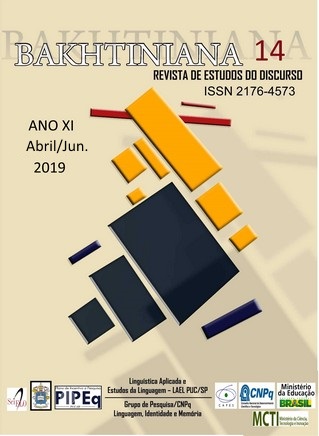Understanding and Language in Heidegger: Ex-sistence, Ontological Openness and Hermeneutics
Keywords:
Heidegger, Language, Understanding, Truth, FinitudeAbstract
The article investigates in which way Heiddegger’s hermeneutics, mainly in his works On the Way to Language, The Fundamental Concepts of Metaphysics: World, Finitude, Solitude, and Being and Time, proposes that the act of understanding be understood by means of a fundamental ontology, in its facticity and historicality, as opposed to the scientific approach. It is concluded that understanding supposes a fundamental opening; the resurgence of the Greek’s notion of truth; the circularity that is part of every act of understanding; the understanding of itself that is present in all philosophically primordial understanding and the notion of language as the home of being. It approaches language as beyond a mere communication tool, since the instrumental reason has led human beings to an unauthentic way or mode of being. Language, taken in an essential and primordial way, is constitutive of the historical and finite Dasein, as opposed to a logical-scientific propositional theory of language.Downloads
Published
2019-03-23
How to Cite
Stefani, J., & Cruz, N. de O. (2019). Understanding and Language in Heidegger: Ex-sistence, Ontological Openness and Hermeneutics. Bakhtiniana. Revista De Estudos Do Discurso , 14(2), Port. 112–127 / Eng. 116. Retrieved from https://revistas.pucsp.br/index.php/bakhtiniana/article/view/39683
Issue
Section
Articles








